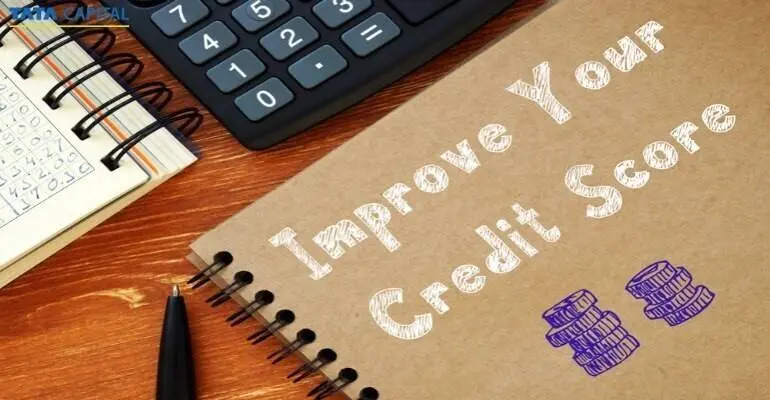Taking care of the credit score and maintaining it in good shape is a good financial habit. It helps creditors assess a prospective debtor’s creditworthiness and financial health while evaluating their loan applications. Credit bureaus consider several factors while calculating this 3-digit number ranging from 300 to 900. These include an individual’s repayment history, loan defaults, credit utilisation ratio, frequency and number of hard enquiries, credit length, credit types in the portfolio, etc.
A positive credit score opens up the pathway to new credit opportunities. Check your free credit score online through the credit bureau or on the Clix Capital website and make an informed borrowing decision. If a low credit score is holding you back from obtaining finance, follow these do’s and don’ts to improve it and maintain a positive credit history.
Do’s to Improve the Credit Score
- Shop Around: The credit industry is highly competitive. So, compare interest rates, repayment tenures, credit amounts, and other terms and conditions before finalising a loan deal. Know their minimum credit score requirements to see if you qualify for their loan offer. Perform a credit score check free online and apply for an accessible credit line. Applying for a loan without checking eligibility might result in rejection and reduce the credit score.
- Pay All Loan EMIs and Credit Card Bills on Time: It is simple but imperative. Pay close attention to the due date and ensure paying on time. A consistent repayment history demonstrates that the borrower is reliable and the lending institution can trust them with a substantial amount. Overdue, late, missed, and delayed payments have the opposite effect. So, set up reminders for recurring payments to stay on top of them. Ensure that the bills and loans are in the borrower’s name. Otherwise, their score will not get the boost they deserve for punctual and reliable payments.
- Increase the Credit Limit: Increasing credit card limits instantly positively affects the score. Lending institutions always look at the applicant’s credit utilisation ratio and perceive them as credit-hungry borrowers if they frequently max it out. Increasing the credit limit will automatically bring down the Current Ratio (CUR). However, don’t increase expenses with the credit limit to take the best advantage.
- Hold Onto Manageable Credit Cards: If managing credit card debt is not an issue, try to retain active credit accounts. They serve as valid evidence that managing and repaying debt is within easy reach. Old accounts also prolong the credit history, which further improves the credit score. However, avoid maxing out on all credit accounts to keep the CUR under control. The idea is not to appear too dependent on credit.
- Ensure all Details are Correct: Check a free credit score and request a credit report to ensure all personal and financial details on the file are up-to-date. It is another simple yet efficient way to demonstrate dependability to lending institutions. The credit report should update any house movements, changed jobs, or new phone numbers. If there is a mistake or discrepancy, contact the credit bureau to correct them. Moreover, look for unfair enquiries, defaults, or repayment activities that might hurt credit accessibility.
Don’ts to Improve the Credit Score
- Don’t Apply for Credit Frequently: Jumping online and applying for credit is easy and fast nowadays. However, each credit application appears on the credit report, whether approved or rejected. Multiple applications within a short period will indicate financial trouble and reduce your credit score. Therefore, take credit only when required and research well before finalising a loan application.
- Don’t Pay Only the Minimum Due Amount: While paying credit card bills and EMIs, don’t just pay the minimum due amount. It will cause interest accrual on the outstanding balance, eventually increasing the debt and reducing the credit score.
- Don’t Take Only a Single Credit Type: Lending institutions look for different credit types in an applicant’s credit profile. Therefore, diversifying the credit portfolio with varying types of credit improves the credit score. The portfolio should include diverse types of credit, including cards, secured loans, unsecured loans, short-term and long-term loans, etc.
A decent credit score becomes achievable by taking the right actions and avoiding the wrong ones. If the credit score is not up to the mark, take positive steps to demonstrate reliability and avoid sending the opposite message. Check free credit scores on the Clix Capital website and use the do’s and don’ts mentioned in this article to improve your chances of credit access in the future.
About the Author
Amaira Sharma is finance expert and former business growth strategist who has more than 8+ years experience in the industry, now she helps others to get better financial stability and standards. She loves to write useful tips on personal finance and businesses.

